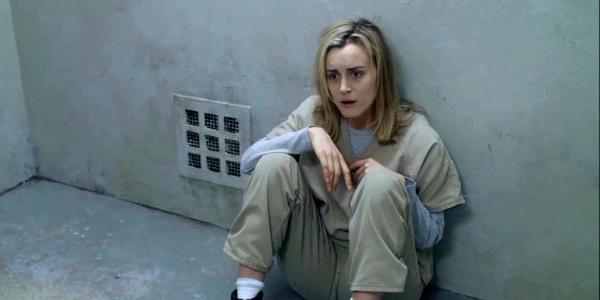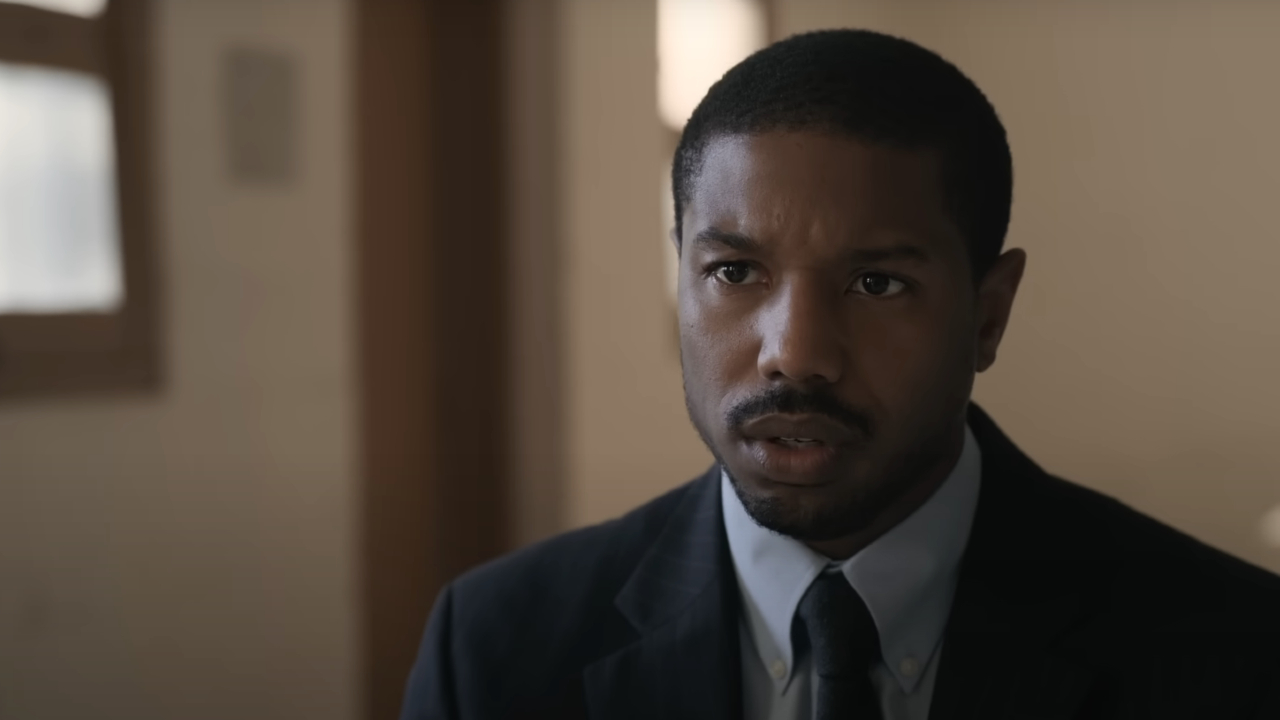Binge-Watch Netflix Often? You Might Be Depressed

Your Daily Blend of Entertainment News
You are now subscribed
Your newsletter sign-up was successful
For some of us, there are few things that sound better than being able to cast aside all worries and plop down for a non-stop binge sesh with a new Netflix series or the always dependable TV marathon. But what if this assumed slice of joy actually signified how lonely or depressed you are?
According to a recent study by researchers from the University of Texas, there are links to be found between binge-watching TV series and feelings of depression and loneliness. The study, which is obviously not an all-encompassing stance on all humankind, was conducted using 316 subjects, aged 18-29. They were asked questions about how often they watched TV normally, how often they binge-watched, and how often they felt lonely and/or depressed. As well, their self-regulation abilities were in question. And, as you might have guessed, those whose answers signified sadness and desolation were also the ones whose TV watching was heavy on binges.
Here’s how researcher Yoon Hi Sung put it in a press release.
Even though some people argue that binge-watching is a harmless addiction, findings from our study suggest that binge-watching should no longer be viewed this way. Physical fatigue and problems such as obesity and other health problems are related to binge-watching and they are a cause for concern. When binge-watching becomes rampant, viewers may start to neglect their work and their relationships with others. Even though people know they should not, they have difficulty resisting the desire to watch episodes continuously. Our research is a step toward exploring binge-watching as an important media and social phenomenon.
The researchers state that people who show signs of addictive behavior are those most likely to binge-watch, and are also the kind of people who use their addictions to make themselves feel better about their lives and/or relationships with others. And a lack of proper self-regulation means there’s not much there to hinder temporary mental fixes like a binge session. I know I have extreme trouble stopping Netflix or Hulu from giving me ONE MORE episode, especially if I’m watching some tension-riddled drama, but I never really considered it a sign of anything other than “I love TV and hate waiting.”
It’s an interesting study, but one that would obviously need further research in order to make any definitive statements, especially as streaming becomes more commonplace in all walks of life. I’m admittedly a down-in-the-dumps guy, though loneliness isn’t a factor, but what depresses me more is when I don’t have enough time to binge-watch something. That’s more causation than correlation. What do you guys think?
The study is called “A Bad Habit for Your Health? An Exploration of Psychological Factors for Binge-Watching Behavior,” and it was put together by the aforementioned Yoon Hi Sung, Eun Yeon Kang and Wei-Na Lee. It will be presented at the 65th Annual International Communication Association Conference in San Juan, Puerto Rico, which will be held from May 21-25. I wonder if sitting through one conference panel after another is considered binge-watching.
Your Daily Blend of Entertainment News

Nick is a Cajun Country native and an Assistant Managing Editor with a focus on TV and features. His humble origin story with CinemaBlend began all the way back in the pre-streaming era, circa 2009, as a freelancing DVD reviewer and TV recapper. Nick leapfrogged over to the small screen to cover more and more television news and interviews, eventually taking over the section for the current era and covering topics like Yellowstone, The Walking Dead and horror. Born in Louisiana and currently living in Texas — Who Dat Nation over America’s Team all day, all night — Nick spent several years in the hospitality industry, and also worked as a 911 operator. If you ever happened to hear his music or read his comics/short stories, you have his sympathy.
